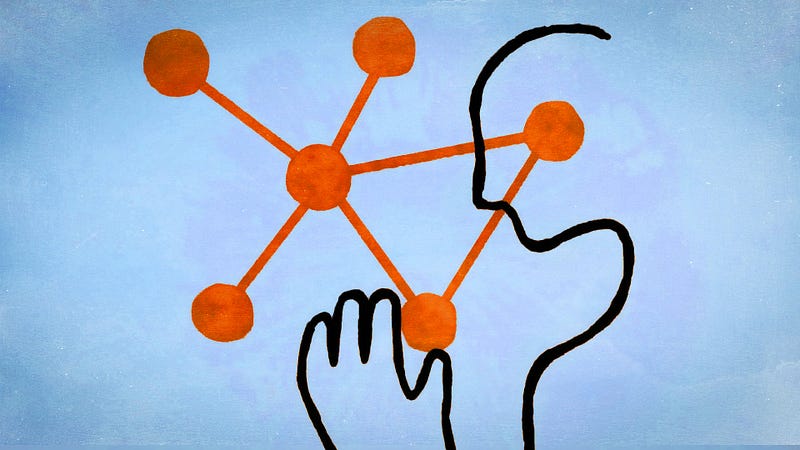
Introduction
The rapid advances in the field of artificial intelligence (AI) have given rise to a multitude of fascinating and influential technologies. Among these, large language models (LLMs) such as GPT-3 by OpenAI have made significant waves in how we understand and interact with AI. Anthropic, a research organization focusing on long-term structural challenges in AI, has now introduced its own LLM named CLAUDE. This comprehensive article delves into the features, capabilities, and implications of this cutting-edge AI innovation.
CLAUDE: Anthropic’s Large Language Model
Anthropic, founded by an exceptional team including OpenAI alumni and backed by illustrious names such as Reid Hoffman’s charitable foundation and Infosys co-founder Nandan Nilekani, is making strides in AI safety and interpretability research. With the introduction of CLAUDE, its proprietary large language model, Anthropic aims to push the boundaries of AI capabilities while also ensuring safety and interpretability.
CLAUDE is a transformer-based LLM, much like GPT-3, that leverages large-scale machine learning techniques. The model is trained on a diverse range of internet text, giving it the ability to generate text that is coherent, contextually relevant, and remarkably human-like.
Features and Capabilities of CLAUDE
CLAUDE has been designed and trained to excel in several areas, including:
Language Generation: CLAUDE can generate human-like text, making it ideal for tasks such as drafting emails, writing articles, or generating creative content.
Information Retrieval: CLAUDE can be used to retrieve and present information based on user queries, effectively serving as a dynamic, AI-powered search engine.
Interpretation and Translation: CLAUDE’s understanding of multiple languages and nuanced language patterns allows it to provide interpretation and translation services.
Assisting with Code Writing: With its ability to understand programming languages, CLAUDE can assist in writing code and debugging.
Tutoring: CLAUDE can provide explanations of complex concepts, making it a valuable tool for tutoring in a wide range of subjects.
Safety and Interpretability Measures
Anthropic’s primary goal is to ensure that AI benefits all of humanity. To this end, the organization has implemented multiple safety and interpretability measures in CLAUDE. The model is equipped with features that allow for understanding and controlling its behavior, thereby making the AI safer and more transparent.
The team has also developed a detailed policy to handle potential misuse of the model. This includes not just technical measures but also strong guidelines regarding the use of CLAUDE to ensure ethical and responsible AI usage.
The Implications of CLAUDE
The introduction of CLAUDE marks a significant milestone in the AI landscape. By focusing on safety, interpretability, and wide-ranging utility, Anthropic has set a precedent for the development of future AI models.
CLAUDE’s advanced capabilities offer considerable potential for improving efficiency and productivity across numerous sectors, including content creation, customer service, programming, and education. Furthermore, by taking safety and interpretability into account, Anthropic is leading the charge towards the development of AI technologies that are not only powerful, but also ethically sound and user-friendly.
Conclusion
As the AI landscape continues to evolve, the introduction of large language models like CLAUDE is a testament to the limitless potential of AI technologies. By prioritizing safety and interpretability, Anthropic is not just advancing AI capabilities, but also ensuring that these developments align with the goal of benefiting all of humanity. As we move forward, CLAUDE and similar models will no doubt play a significant role in shaping our interaction with AI and the digital world at large.
Find more … …
Python for Business Analytics – Chapter 1: Getting started with Python Language
R for Business Analytics – Chapter 1: Getting started with R Language
ChatGPT: The Rapidly Expanding AI Innovation and Its Far-Reaching Implications
